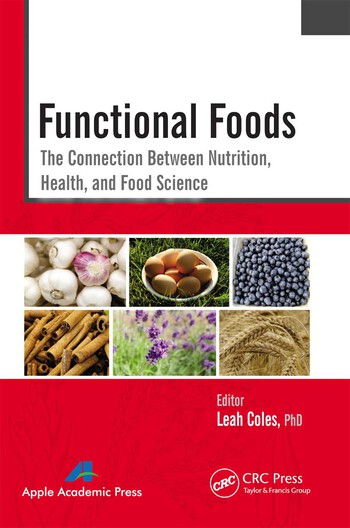Improves Mood, Memory
Research into the effects of Beneo’s functional carbohydrate, Palatinose (isomaltulose) suggests its use can enhance mood and memory.
 Initial research into the effects of Beneo’s functional carbohydrate, Palatinose (isomaltulose), suggests its use can enhance a person’s mood and memory.
Initial research into the effects of Beneo’s functional carbohydrate, Palatinose (isomaltulose), suggests its use can enhance a person’s mood and memory.
Beneo officials recognized that Palatinose provides sustained body energy because of its slow, complete hydrolysis and absorption. Accordingly, they decided to investigate if this sustained energy delivery could manifest itself in improvements to mood and/or cognition.
Beneo funded research by Hayley Young and David Benton from the Department of Psychology at Swansea University, Wales. Their subsequent studies indeed show significant mood and memory improvement among middle-aged and older adults who have a better glucose homeostasis. Beneo says study results are registered at www.ClinicalTrials.gov and contribute to better understanding of brain function in relation to carbohydrate metabolism.
Anke Sentko is Beneo’s vice president, regulatory affairs and nutrition communication.
“The current work underlines the importance of research into the metabolic effects of carbohydrates with different physiological properties,” she says.” And, it particularly shows the potential of the slowly, yet fully absorbed carbohydrate Palatinose for health and mental performance.”
Swansea University researchers divided 155 middle-aged and older adult volunteers into three random groups. Participants in each group consumed a breakfast of yogurt and a drink with 40g of glucose, sucrose and Palatinose respectively, representing decreasing glycemic loads and an identical amount of calories. Researchers then tested all participants for mood and memory function. When analyzing the sub-groups according to their glucose tolerance (poor GT vs. better GT), Beneo says the scientists detected statistically significant differences in the validated mood and memory tests.
The Palatinose group of participants—those with a better glucose homeostasis—demonstrated significantly characteristics of mood and memory. In addition to demonstrating better episodic memory compared to glucose and sucrose, they also made fewer mistakes than those who had ingested glucose. Scientists reported that this occurred “long after the meal,” when blood glucose levels were declining.
It also was discovered group members with better glucose homeostasis were in a better mood (measured by subjective scoring of related adjectives on a percentage scale) and were able to remember more words from a list, for instance, at 105 and 195 minutes after eating a breakfast with Palatinose, compared to a breakfast with sucrose or glucose.
Beneo says Palatinose is the only fully digestible, low-glycemic carbohydrate that provides prolonged energy release (in the form of glucose) with no negative side effects on teeth. Beneo notes that the European Food Safety Authority has formally acknowledged and approved both benefits. Derived from sugar beet, Palatinose is a disaccharide, providing the full carbohydrate energy (4 kcal/g); the white, crystalline powder is low hygroscopic and has a milder sweetness than sugar.
For more information, contact Beneo and The Beneo Institute. The institute represents expertise from Beneo’s nutrition science, nutrition communication and regulatory affairs teams. It acts as an advisory body for customers and partners reaching from ingredient approval, physiological effects and nutritional composition to communication and labeling. The Beneo Institute focuses on issues and technologies related to weight management, digestive health, bone health, physical and mental performance, the effects of a low glycemic diet in the context of healthy eating and disease prevention, as well as dental health. —Beneo, www.beneo.com
Looking for a reprint of this article?
From high-res PDFs to custom plaques, order your copy today!





